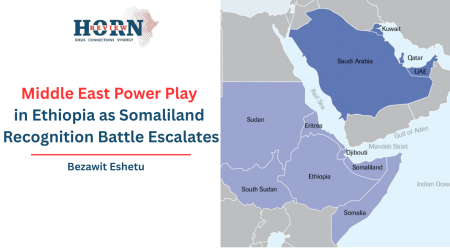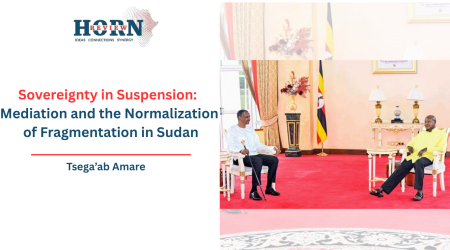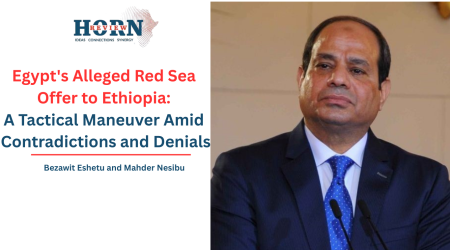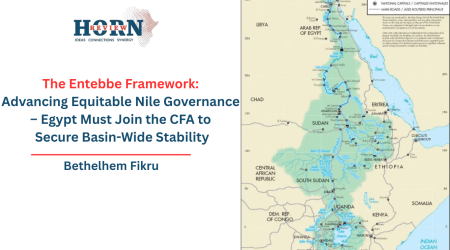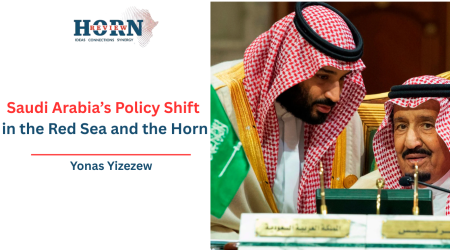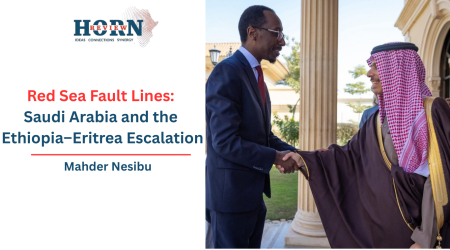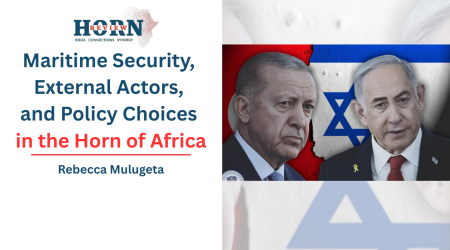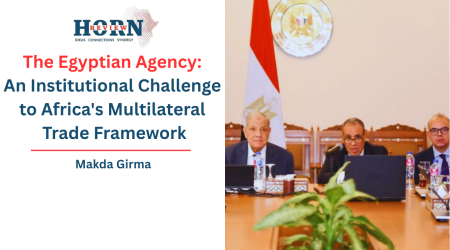
11
Aug
Somaliland-Taiwan Ties: Symbolism as Strategy, Visibility as Leverage
The recent signing of a Coast Guard Cooperation Deal between representatives of the Taiwan region and the Somaliland regional administration has ignited predictable diplomatic condemnation from Beijing. The Chinese Embassy in Somalia’s spokesperson articulated the position such actions constitute a blatant violation of the One China principle, infringing upon China’s sovereignty, unity, and territorial integrity.
This stance, grounded in international law and historical precedent including the Cairo Declaration, the Potsdam Proclamation, and UNGA Resolution 2758 remains the bedrock of the international order concerning Taiwan’s status as an inalienable part of China. The characterization of Taiwan’s efforts as self-deceiving political collusion is consistent with Beijing’s long-standing narrative.
However, viewing this development solely through the prism of Sino Taiwanese tensions offers an incomplete picture. The Somaliland-Taiwan interaction, while diplomatically contentious, introduces a layer of complex geopolitics with potentially significant and unintended, consequences for regional dynamics in the Horn of Africa, particularly concerning Ethiopia.
For the Taiwan administration, engagement with entities like Somaliland represents a persistent and strategically limited, effort to fracture the near global consensus on the One China principle. Signing agreements, however symbolic or functionally limited as a coast guard deal likely is, serves the domestic narrative of international participation and creates talking points aimed at projecting a semblance of sovereign capability. It is an act of geopolitical entrepreneurship in spaces where traditional diplomatic recognition is elusive. And as Beijing correctly asserts, this does nothing to alter Taiwan’s fundamental legal status nor impede the trajectory towards eventual reunification.
For the self-declared Republic of Somaliland, which lacks widespread international recognition despite decades of de facto independence and relative stability compared to southern Somalia, engagement with any entity offering potential diplomatic visibility or tangible benefits is strategically rational.
Taiwan represents a partner willing to engage at a quasi-state level, offering potential avenues for technical cooperation or limited international exposure that major powers, bound by the One China principle, cannot provide. This is fundamentally an act of survival and self-promotion within a constrained international environment.
Crucially, China’s position correctly underscores that Somaliland is internationally recognized as part of Somalia’s sovereign territory. Any agreement implying Somaliland’s separate statehood directly contravenes Mogadishu’s sovereignty and the established international framework. China’s opposition to this collusion is therefore aligned with its support for Somalia’s territorial integrity, alongside its core interests regarding Taiwan.
Here lies the intriguing subplot Ethiopia. Landlocked since Eritrea’s independence in 1993, securing reliable and economically viable access to the sea is a existential national interest. Recent tensions with traditional Red Sea partners have amplified this imperative, driving to explore all potential avenues, including dialogue with Somaliland.
Taiwan’s engagement, however diplomatically problematic, confers a degree of functional international visibility upon the Somaliland administration. This increased profile, even stemming from a pariah actor in the eyes of Beijing and Mogadishu, could inadvertently bolster Somaliland’s confidence and perceived leverage in its own negotiations. A Somaliland administration feeling marginally less isolated may be more inclined to negotiate assertively.
The act of concluding an international agreement with Taiwan provides Somaliland with a tangible example of its capacity to engage in formal external relations. This demonstration effect, though highly contested in its legitimacy, could serve to convince Ethiopian negotiators that Somaliland possesses the requisite administrative coherence to potentially conclude and implement a complex, long-term maritime access agreement.
China’s condemnation of the Somaliland-Taiwan collusion is firmly rooted in established international law and its inviolable core interests. The assertion that such actions cannot alter the reality of Taiwan’s status or halt reunification carries significant weight. The agreement itself, beyond its symbolic affront to Beijing and Mogadishu, may yield minimal substantive results. The ultimate impact hinges on whether regional pragmatism can navigate the treacherous waters of sovereignty disputes and great-power sensitivities.
By Samiya Mohammed, Researcher, Horn Review

